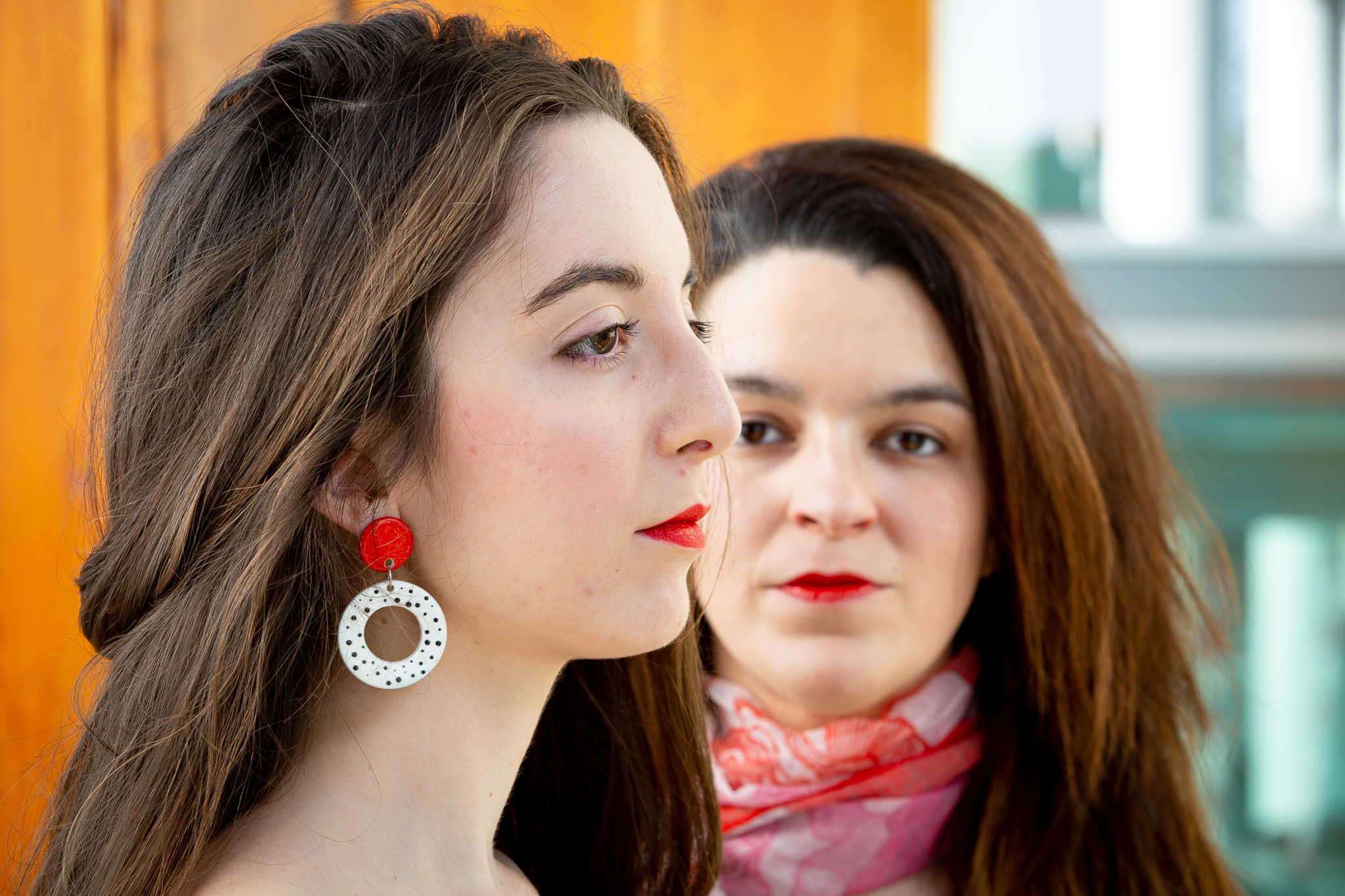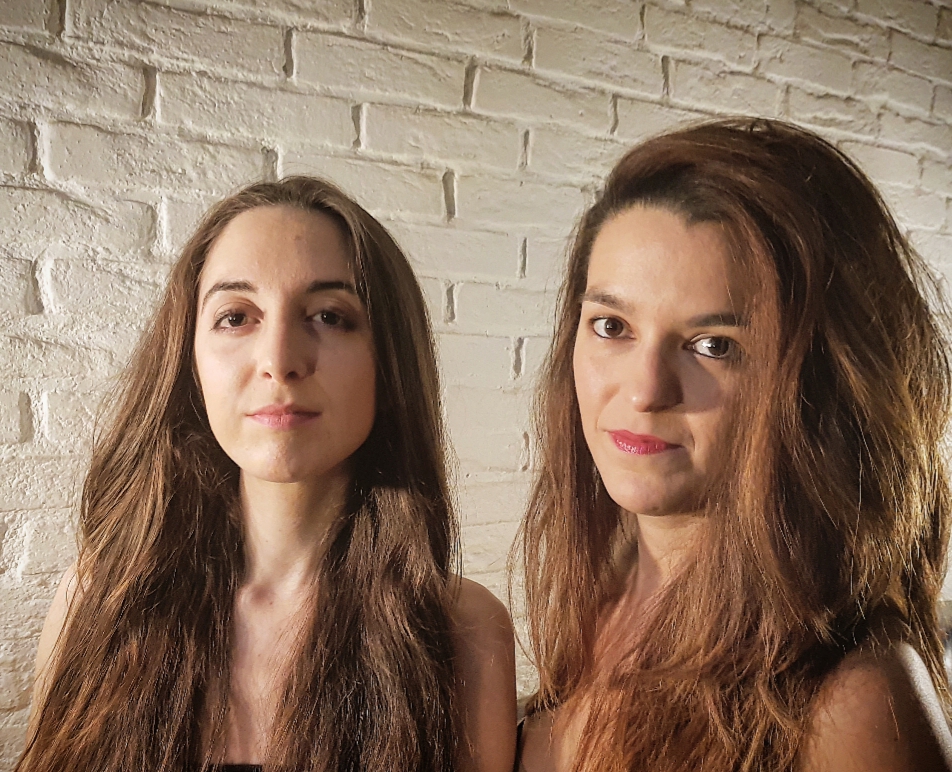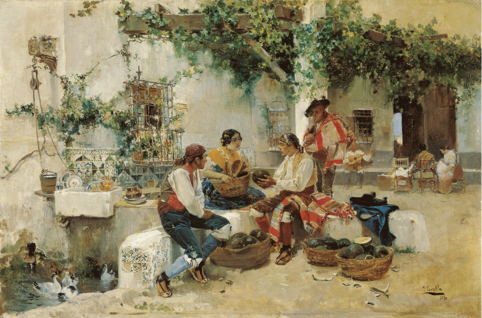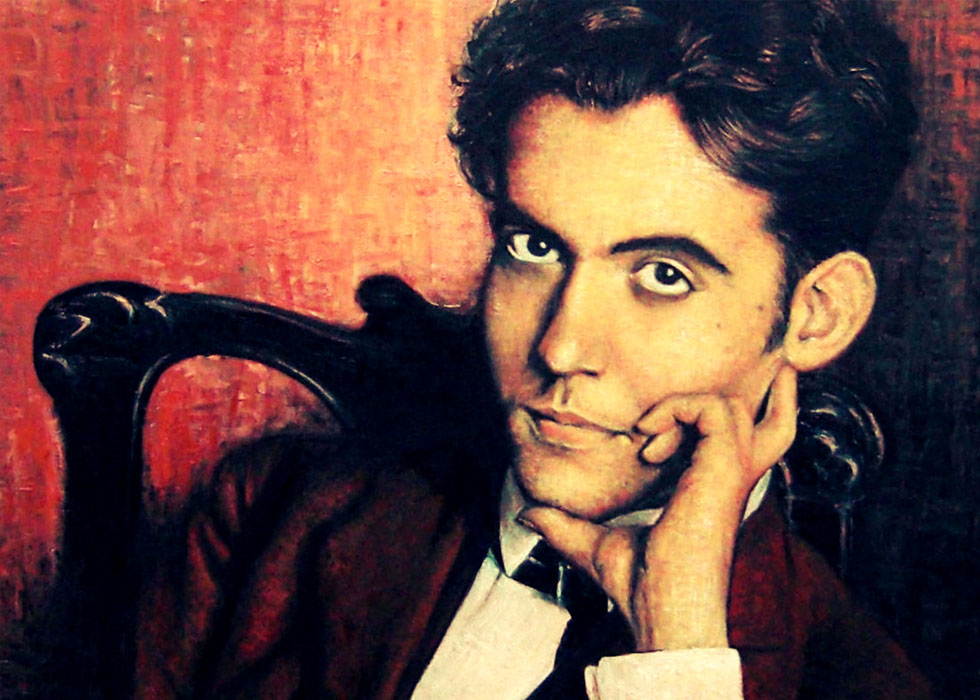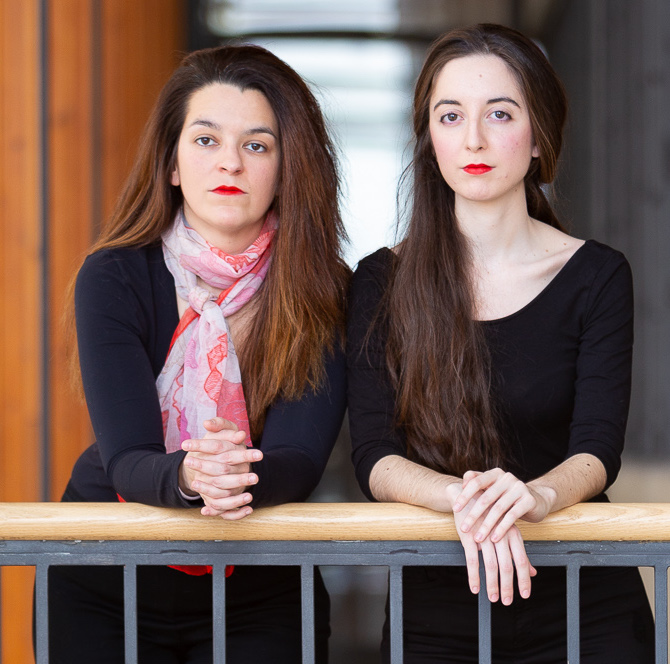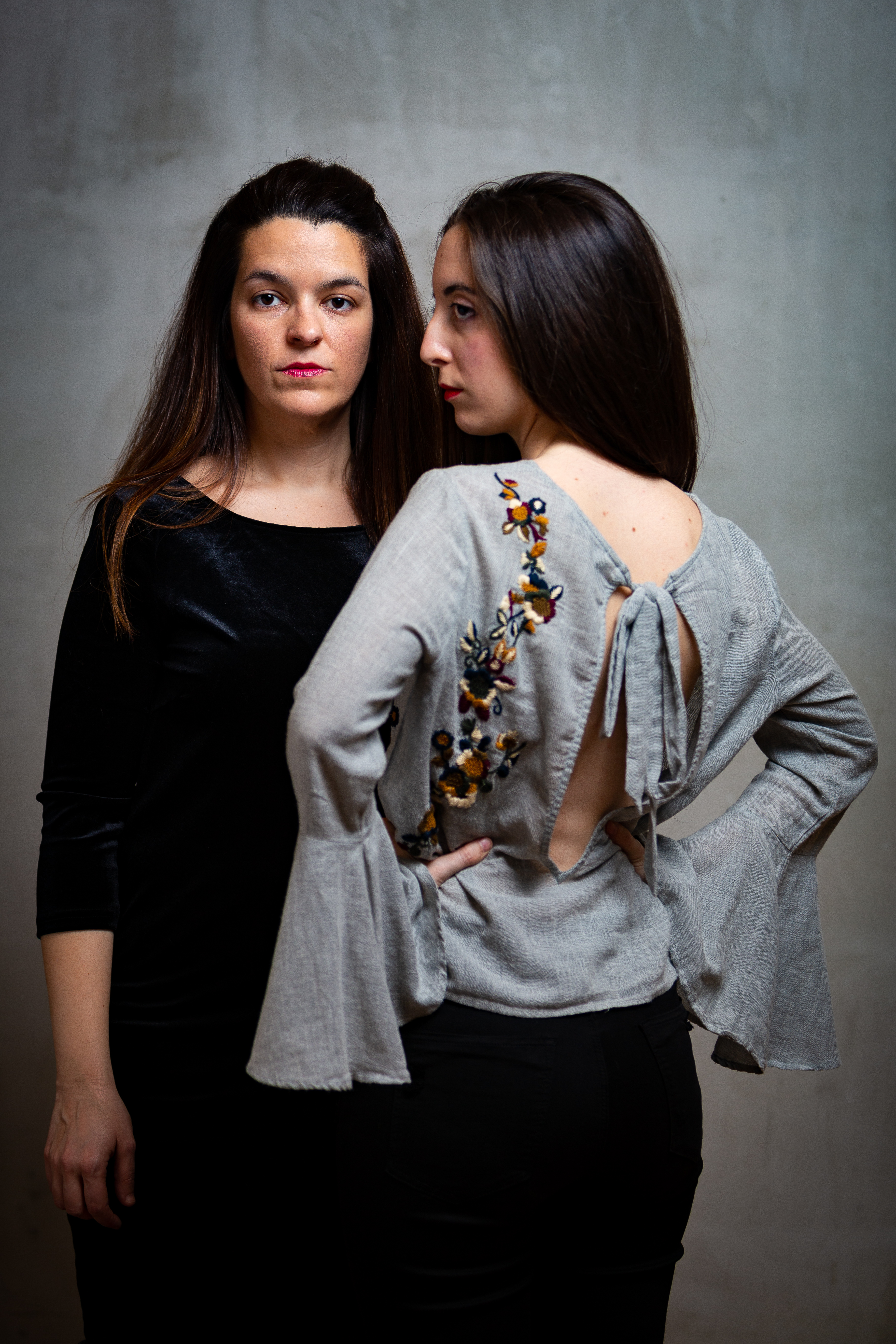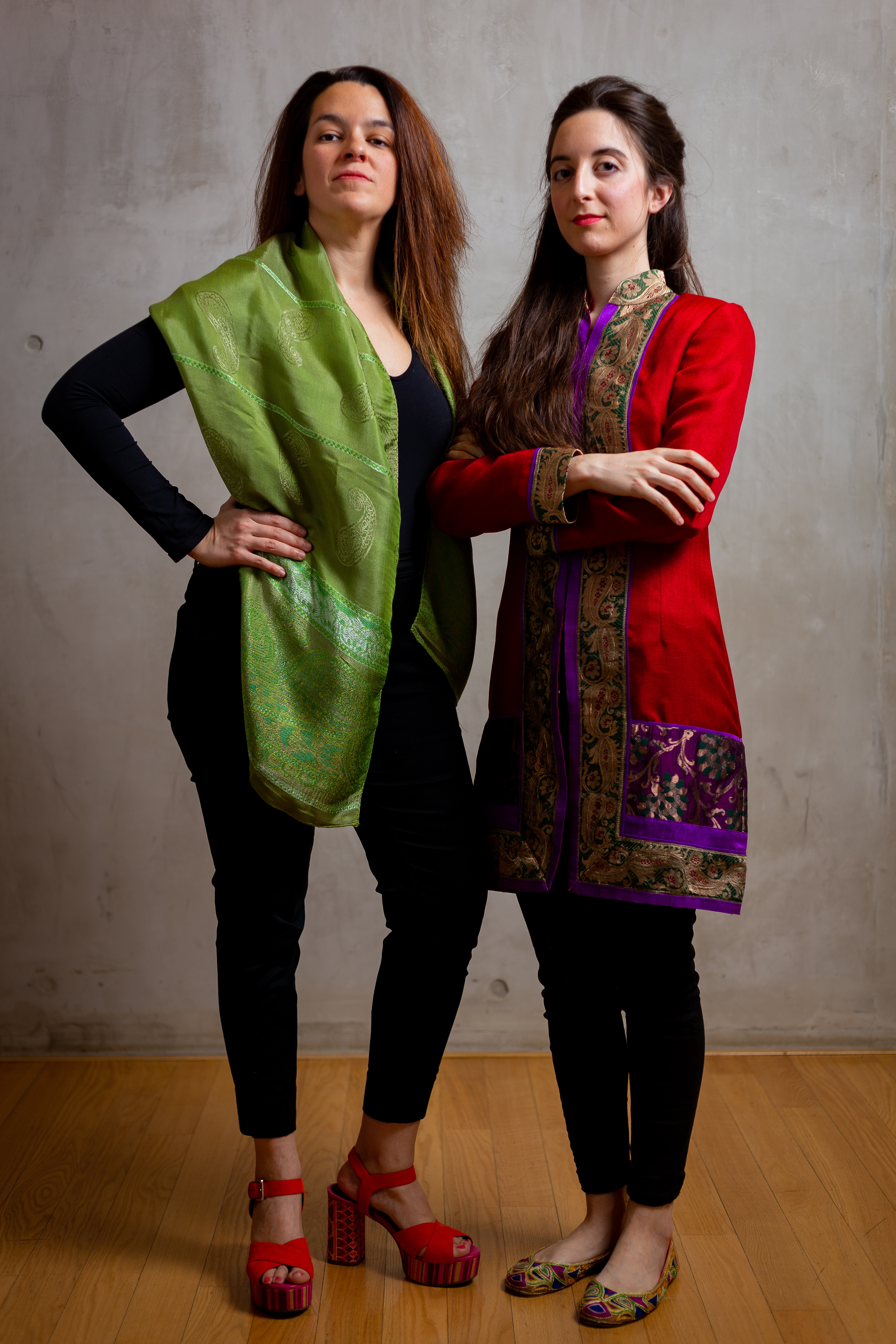‘Impressions & Landscapes’: Marta Liébana & Maria Cano: Piano – 4handig
28 april 2019 | 16.00 uur
| Muziek Museum Zutphen, Zutphen
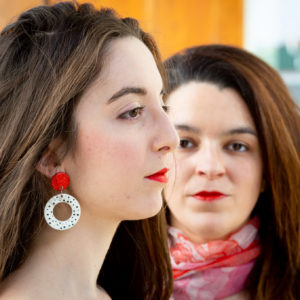
- Rhapsodie Espagnole: Ravel
- Lindaraja: Debussy
- Capricho Español op. 34: Rimsky Korsakov
- Spanish Dance (Swan Lake): Tchaikovsky
- España: Chabrier
Impressions and landscapes refers to the poet Federico García Lorca’s first work (1918), in which he describes his first visions about the popular universe, the tiny and the simple and his andalusian homeland. Our concept takes its name as a metaphore; impressions from 1900, coming from outside Spain, painting the country as an exotic landscape. The grace, the dance, the jondo and the folk (popular) become a feast. They are shown with impressionistic and rigorous touches creating a full of light, misterious and exotic painting.
An ode to the Hispanic roots seen from the poetic and subtle prism of the French and Russian character. A poetic singing to the popular and to the origin.
Quotes:
“The poetic angle in which the composer places himself/herself, more distant from the direct impression […] has greater capacity of evocation […]; no longer works by presentations but reflections.”
“El plano poético en que el compositor se sitúa, más retirado de la impresión directa […] posee mayor capacidad de evocación […]; ya no obra por presentaciones sino por reflejos.” Salazar, La música contemporánea en España (Madrid: Ediciones la Nave 1930), pages 167-168.
“The evocation is, today, a beauty element, a source of emotion; it does not try to rebuild, nor revive. It builds up and it lives again, for itself, and the reference to the past is a passing word, a password to select the spirits […] The traditional becomes pure fantasy”
“La evocación es, hoy, un elemento de belleza, fuente de emoción; no intenta reconstruir, ni hacer revivir. Construye y vive de nuevo, por y para sí, y la referencia a cosas pasadas no es sino una palabra de paso, contraseña para seleccionar los espíritus […] el tema tradicional se disuelve en la pura fantasía” Estreno del Retablo, El Sol, 29 de abril 1924; reimpreso por Emilio Casares Rodicio, ed, La música en la Generación del 27, page 211.
Poem:
EVOCACIÓN EVOCATION
Tierra seca,
tierra quieta
de noches
inmensas.
(Viento en el olivar,
viento en la sierra)
Tierra
vieja
del candil
y de la pena.
Tierra
de las hondas cisternas.
Tierra
de la muerte sin ojos
y las flechas.
(Viento por los caminos.
Brisa en las alamedas)
This poem belongs to the Poema de la soleá, a part of one of Federico García Lorca’s major works, Poema del Cante Jondo. Evocación can be seen as a poetic painting, where the landscape that our program wants to represent, is clearly explained; the real image filtered by the unknown and the exotic.
María Cano and Marta Liébana are both spanish pianists based in The Netherlands. Their collaboration as a piano duo was born from a friendship, a deep conection to their roots and love and respect to music.
Coming from different schools and backgrounds they met at the Conservatorium van Amsterdam under the leading of David Kuyken. Prize winners at national and international competitions, they have performed in several countries: Hungary, Germany, France, Spain and The Netherlands.
They received endorsments from Marta Gulyas, Elisabeth Leonskaja, Evgeni Koroliov, Alexander Kandelaki, Nino Kereselidze,…
Nowadays María Cano is working on her thesis which is closely related to our program: a deep look into the caractheristics of the spanish folklore in the classical spanish repertoire.
Marta Liébana teaches at the Conservatorium van Amsterdam and the DNOA (De Nederlandse Opera Academy).

